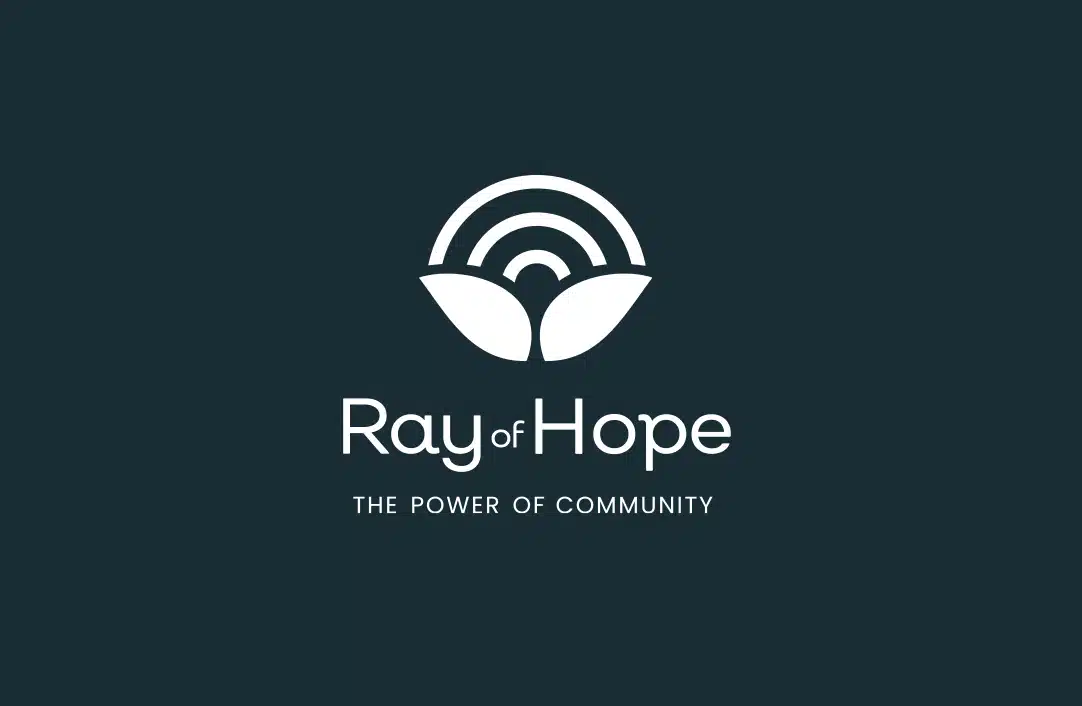
October 21, 2021
Free Online Resources for Survivors of Child Sexual Abuse Launched
After 14 months in the making, and 72,000 words later, The Younique Foundation launched an in-depth series of new online healing resources today free for survivors of child sexual abuse.
The resources, which can be accessed for free at youniquefoundation.org, were conceptualized by the Foundation’s Education Team beginning in August 2020. “We wanted our online resources to align with our retreat materials and reinforce what survivors had learned at retreat,” said Kolene Anderson, Education Manager for The Younique Foundation.
“We knew it was important to provide a clear learning path, whether survivors had attended our retreat or not,” Anderson said. “These resources meet survivors wherever they are in their healing journey.”
Anderson emphasized that the resources are all research-based and have gone through an in-depth review by the Foundation’s clinical staff and Chief Program Officer Betsy Kanarowski.
The new online resources provide valuable education on the effects of abuse, ways in which those effects commonly manifest in the lives of adult survivors, and offer practical tools and strategies they can use to reduce or manage them. One important feature of these resources is the detailed information they include on the most common symptoms survivors experience, and explanations of why those symptoms are linked to child sexual abuse. These symptoms include: challenges with sleep, depression, triggers, panic attacks, anxiety, chronic physical pain, difficulties in relationships, intrusive flashbacks, struggles with the body, addiction, unhealthy behaviors, sexual intimacy issues, communication issues, dissociation, loneliness, and emotional numbness.
In addition to covering common symptoms, the new resources explains how child sexual abuse can have significant long-term impacts on a survivor’s life — specifically with regards to how trauma affects the brain and the body, and how feelings of shame can shape a survivor’s personal narrative.
Each resource directly points readers to a wide variety of tools and strategies to help survivors manage or reduce the effects of their trauma, she said. These healing practices include: self-compassion, grounding techniques, building a support network, paced breathing, physical movement, progressive muscle relaxation, practicing boundaries, being mindful of one’s emotions, guided meditation, assertive communication, increased sleep hygiene, sexual health, yoga, Muay Thai, creative expression, developing aspirational thinking, creating intentional behaviors, navigating relationships, crisis management, challenging cognitive distortions, nutrition, and more.
“All the resources are based on fundamental principles presenting in ongoing trauma research. They help a survivor understand that what they are going through is similar to what many others are experiencing,” Anderson said. “Each resource makes a clear connection between the impact of trauma on day-to-day life and how survivors can manage those impacts. Our objective in all our content is to inspire survivors that healing is possible through education, self-compassion, and action. We have drawn upon both researched best practices, and feedback from the many survivors we have worked with over the years.”
Survivors are invited to explore the website often as they will find new insights and make new connections relating to their personal healing journey each time they revisit.
The resources can be found here.
The resources, which can be accessed for free at youniquefoundation.org, were conceptualized by the Foundation’s Education Team beginning in August 2020. “We wanted our online resources to align with our retreat materials and reinforce what survivors had learned at retreat,” said Kolene Anderson, Education Manager for The Younique Foundation.
“We knew it was important to provide a clear learning path, whether survivors had attended our retreat or not,” Anderson said. “These resources meet survivors wherever they are in their healing journey.”
Anderson emphasized that the resources are all research-based and have gone through an in-depth review by the Foundation’s clinical staff and Chief Program Officer Betsy Kanarowski.
The new online resources provide valuable education on the effects of abuse, ways in which those effects commonly manifest in the lives of adult survivors, and offer practical tools and strategies they can use to reduce or manage them. One important feature of these resources is the detailed information they include on the most common symptoms survivors experience, and explanations of why those symptoms are linked to child sexual abuse. These symptoms include: challenges with sleep, depression, triggers, panic attacks, anxiety, chronic physical pain, difficulties in relationships, intrusive flashbacks, struggles with the body, addiction, unhealthy behaviors, sexual intimacy issues, communication issues, dissociation, loneliness, and emotional numbness.
In addition to covering common symptoms, the new resources explains how child sexual abuse can have significant long-term impacts on a survivor’s life — specifically with regards to how trauma affects the brain and the body, and how feelings of shame can shape a survivor’s personal narrative.
Each resource directly points readers to a wide variety of tools and strategies to help survivors manage or reduce the effects of their trauma, she said. These healing practices include: self-compassion, grounding techniques, building a support network, paced breathing, physical movement, progressive muscle relaxation, practicing boundaries, being mindful of one’s emotions, guided meditation, assertive communication, increased sleep hygiene, sexual health, yoga, Muay Thai, creative expression, developing aspirational thinking, creating intentional behaviors, navigating relationships, crisis management, challenging cognitive distortions, nutrition, and more.
“All the resources are based on fundamental principles presenting in ongoing trauma research. They help a survivor understand that what they are going through is similar to what many others are experiencing,” Anderson said. “Each resource makes a clear connection between the impact of trauma on day-to-day life and how survivors can manage those impacts. Our objective in all our content is to inspire survivors that healing is possible through education, self-compassion, and action. We have drawn upon both researched best practices, and feedback from the many survivors we have worked with over the years.”
Survivors are invited to explore the website often as they will find new insights and make new connections relating to their personal healing journey each time they revisit.
The resources can be found here.
Recent news

07/01/2024
Saprea Provides Healing Resources for Child Sexual Abuse Survivors in the Hispanic Community
Saprea is proud to announce the launch of its healing webinars in Spanish, providing women in the Hispanic community with a safe and supportive path to build resilience after experiencing child sexual abuse.
Read this article

06/27/2024
Saprea Partners with Ray of Hope Expanding Healing Options for Child Sexual Abuse Survivors
Saprea is proud to partner with Ray of Hope, a New York-based organization devoted to the care of male and female survivors of sexual abuse and their families within the Jewish community, across the U.S. and abroad.
Read this article

05/31/2024
Saprea Hosts Annual Atlanta Gala to Combat Child Sexual Abuse and Promote Healing and Prevention
Saprea hosts their annual gala in Atlanta at the Georgia Aquarium, the second largest aquarium in the U.S. and the entire Western Hemisphere, on June 8 at 6 p.m. ET. It promises to be an evening of hope and inspiration, shining a spotlight on Saprea’s mission to liberate individuals and society from child sexual abuse and its lasting impacts.
Read this article